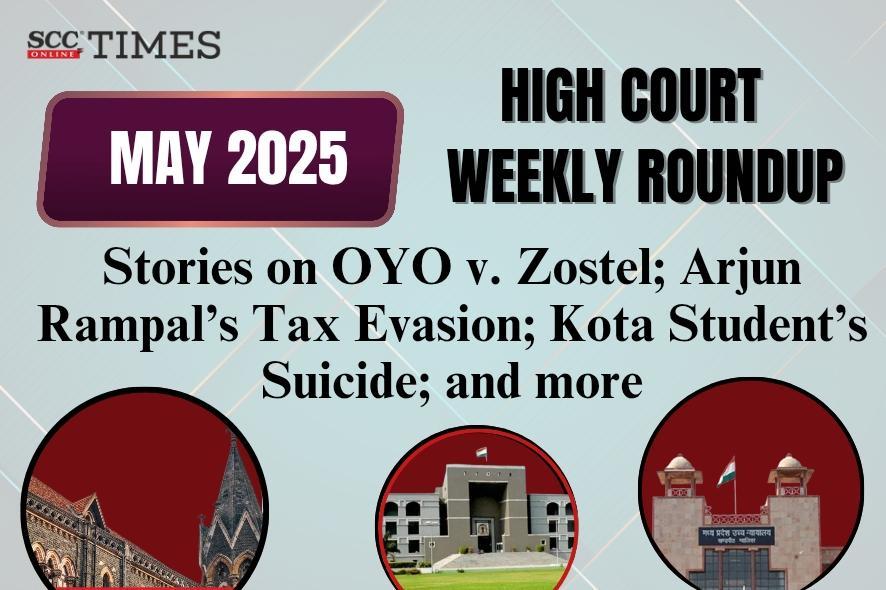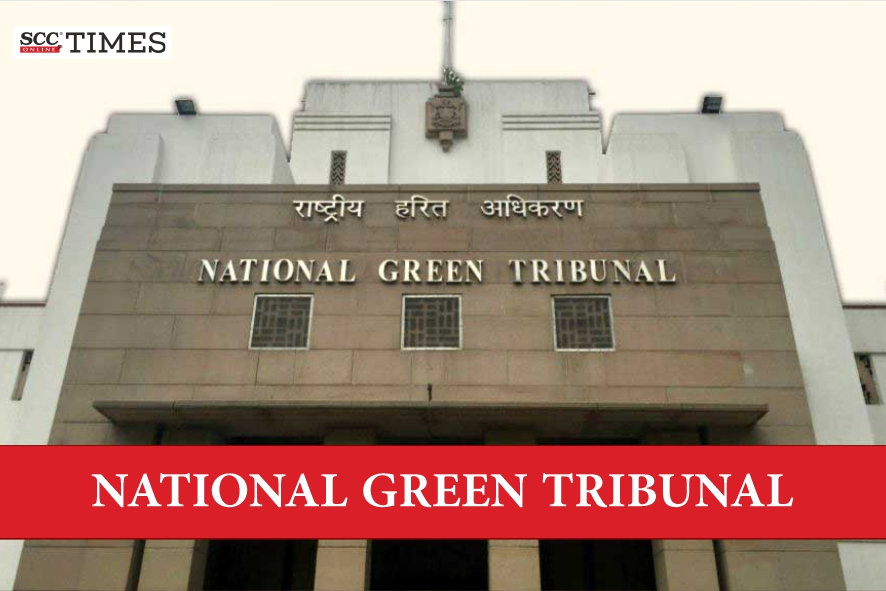Supreme Court: A nine-judge Constitution bench headed by Chief Justice S A Bobde will hear from January 13 the issue of allowing women and girls of all ages to enter Kerala’s Sabarimala temple, along with the other contentious issues of alleged discrimination against Muslim and Parsi women.
The other judges on the bench are Justices R Banumathi, Ashok Bhushan, L Nageswara Rao, M M Shantanagoudar, S A Nazeer, R Subhash Reddy, B R Gavai and Surya Kant. Interestingly, none of the nine judges has previously been a part of any bench hearing the Sabarimala issue.
The nine-judge bench has been set up after a five-judge bench headed by then CJI Ranjan Gogoi, by a 3:2 majority verdict, suggested that the matter be referred to a seven-judge bench while examining the review petition filed against the historic September 28, 2018 judgement which had allowed women of all ages to enter Sabarimala temple. The judgment dated 14.11.2019, delivered right before the retirement of the then CJI Justice Ranjan Gogoi, said,
“This Court should evolve a judicial policy befitting to its plenary powers to do substantial and complete justice and for an authoritative enunciation of the constitutional principles by a larger bench of not less than seven judges.”
Referring the issues connected to the case at hand, CJ Gogoi wrote that it may not be inappropriate if matters involving seminal issues including the interpretation of the provisions of the Constitution touching upon the right to profess, practise and propagate its own religion, are heard by larger bench of commensurate number of Judges. He, hence, ‘suggested’ that a 7-judge bench be formed to decide the abovementioned issues.
Besdies Justice Gogoi, Justices A M Khanwilkar and Indu Malhotra (the lone woman judge on the bench) were in majority while Justices R F Nariman and D Y Chandrachud had penned a minority verdict on November 14, 2019.
The top court had on Monday issued a notice informing about listing of the petition filed by Indian Young Lawyers Association seeking review of the 2018 judgement.
However, the names of the judges were announced today.
Questions that the Larger Bench ‘may’ take up for consideration as suggested in the November 14, 2019 verdict
- Interplay between the freedom of religion under Articles 25 and 26 of the Constitution and other provisions in Part III, particularly Article 14.
- Sweep of expression ‘public order, morality and health’ occurring in Article 25(1) of the Constitution.
- Sweep of expression ‘morality’ or ‘constitutional morality. Is it over arching morality in reference to preamble or limited to religious beliefs or faith? There is need to delineate the contours of that expression, lest it becomes subjective.
- The extent to which the court can enquire into the issue of a particular practice is an integral part of the religion or religious practice of a particular religious denomination or should that be left exclusively to be determined by the head of the section of the religious group.
- Meaning of the expression ‘sections of Hindus’ appearing in Article 25(2)(b) of the Constitution.
- Whether the “essential religious practices” of a religious denomination, or even a section thereof are afforded constitutional protection under Article 26.
- What would be the permissible extent of judicial recognition to PILs in matters calling into question religious practices of a denomination or a section thereof at the instance of persons who do not belong to such religious denomination?
The majority verdict also suggested that the Larger Bench may also decide the question as to whether the Kerala Hindu Places of Public Worship (Authorisation of Entry) Rules, 1965 govern the Sabarimala temple at all.
(With inputs from PTI)








